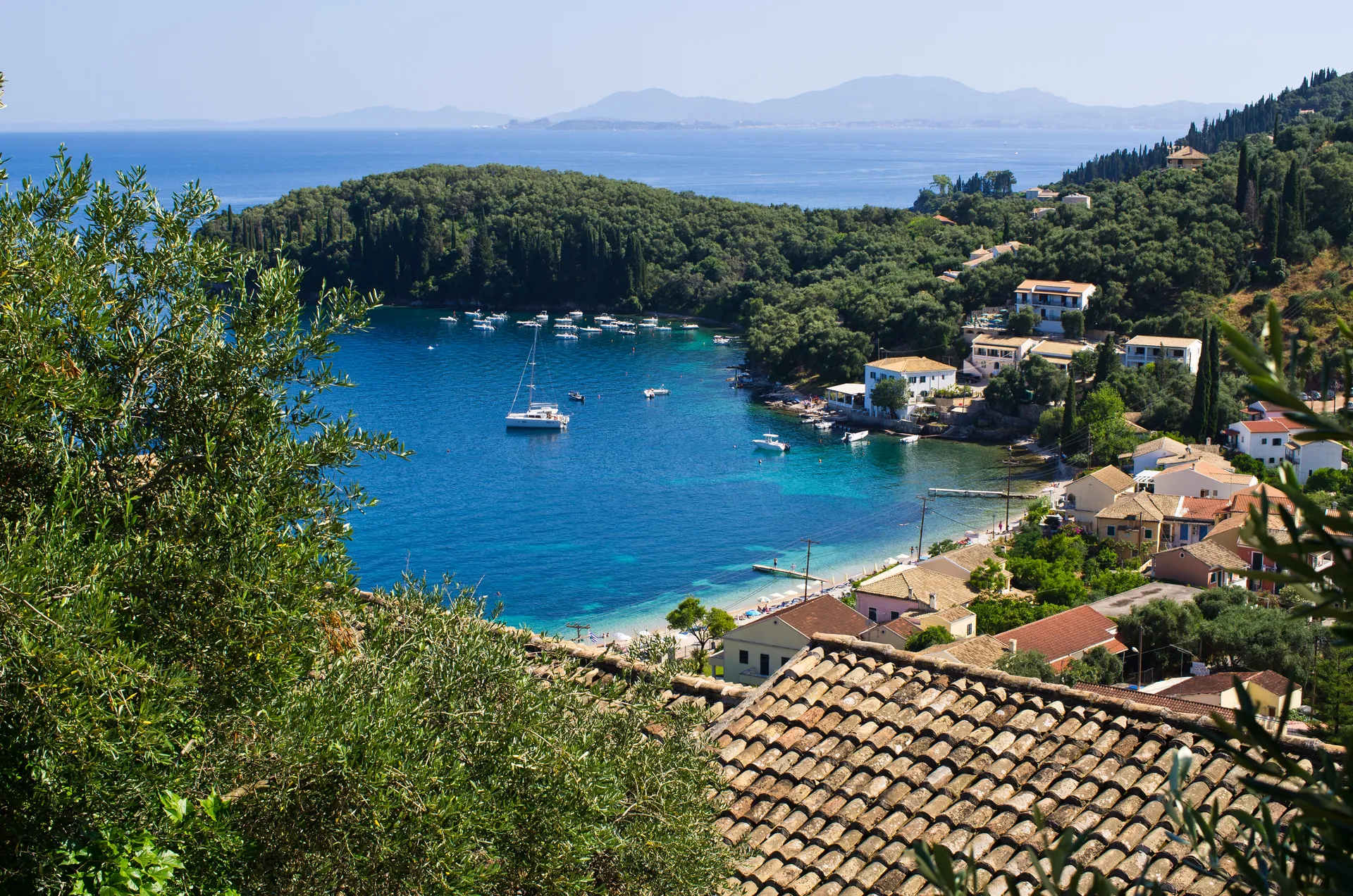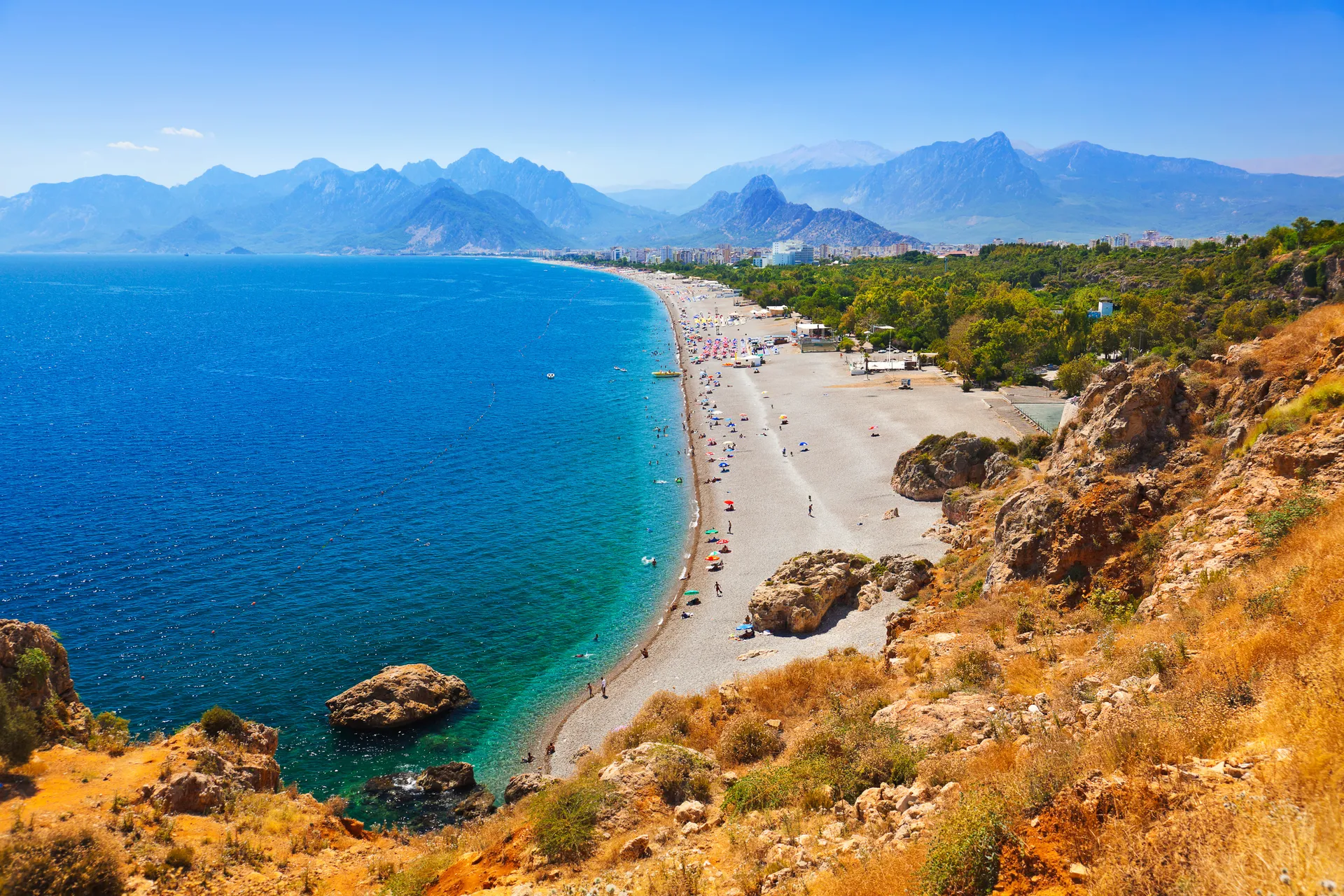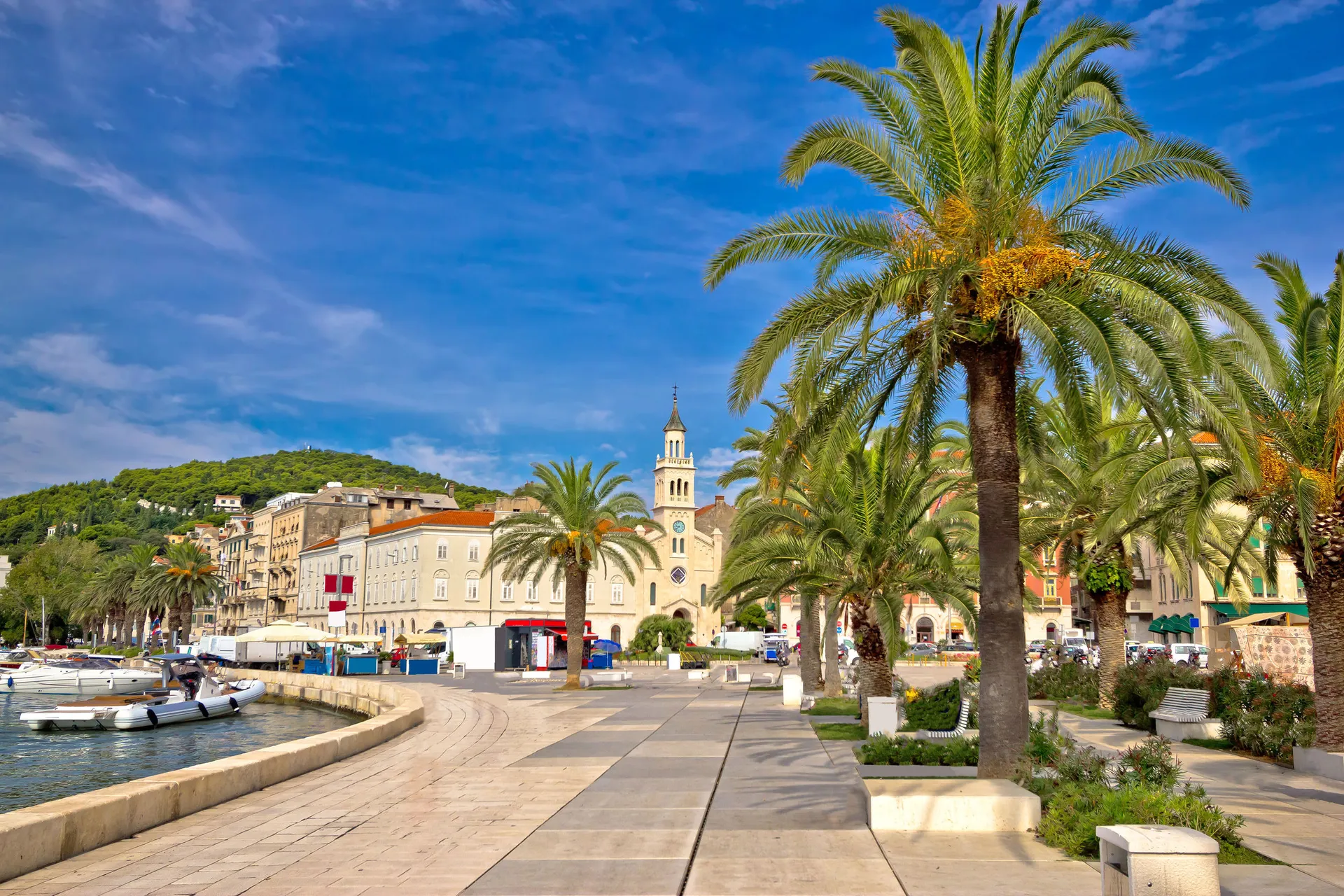
Greece All Trip Types
Spread over a number of sparkling seas the Greek archipelago encompasses 7,500km of coastline, offering a diversity of landscapes from long, golden beaches to rocky, sheltered coves. To this add thousands of years of culture, great cuisine, calm seas and an ideal climate Greece and the Greek Islands are perfect for a relaxing break.
Special Offers
Similar destinations to Greece
Your Greece Questions Answered
Find out more about visiting Greece with the answers to these frequently asked questions.
We're here to help
Greek cuisine is known for its fresh ingredients, olive oil, and Mediterranean flavours. Popular dishes include moussaka, souvlaki, tzatziki, and fresh seafood. Don’t miss out on Greek salad, spanakopita, and baklava for dessert.
Food in Greece is generally safe to eat. Stick to freshly prepared meals at reputable restaurants or food stalls.
Yes, travel insurance is recommended when visiting Greece. It can cover medical emergencies, trip cancellations, lost luggage, and other unexpected events, offering peace of mind during your trip.
Must-see attractions in Greece include the stunning beaches of the Greek Islands, the beautiful town of Santorini, and the charming villages of Crete and Corfu. Visit Mykonos for its lively atmosphere and picturesque streets, or Zakynthos for its dramatic cliffs and crystal-clear waters.
Yes, it’s respectful to dress modestly when visiting religious sites, such as churches and monasteries. Remove your shoes before entering certain places, and always greet locals with a friendly “Kalimera” (Good morning). Tipping around 5-10% in restaurants is appreciated but not compulsory.
Pack lightweight, breathable clothing for warm days, swimwear, sunscreen, and a hat for sun protection. Comfortable walking shoes are perfect for exploring ancient sites and villages, and a light jacket for cooler evenings, especially in spring and autumn.
The best time to visit Greece is from May to October when the weather is pleasant and mild, with temperatures ranging from 20°C to 30°C (68°F to 86°F). This period offers ideal conditions for exploring the beaches, ancient ruins, and charming villages. The summer months can be warmer, perfect for beach holidays, while spring and autumn are great for sightseeing.
Greece is generally considered safe for tourists. Like in any destination, it's important to take standard safety precautions, such as keeping an eye on your belongings and avoiding isolated areas at night.
Greek is the official language, but English is widely spoken in tourist areas, hotels, and restaurants, making it easy for visitors to communicate.
The currency used in Greece is the Euro (EUR). Credit and debit cards are widely accepted in major cities and tourist areas, but it’s recommended to carry some cash for smaller purchases or visits to more rural areas.
We use cookies to optimise site functionality and give you the best possible experience. Clicking accept will also allow us to personalise your advertising using marketing cookies. You can find out more about our use of cookies.





